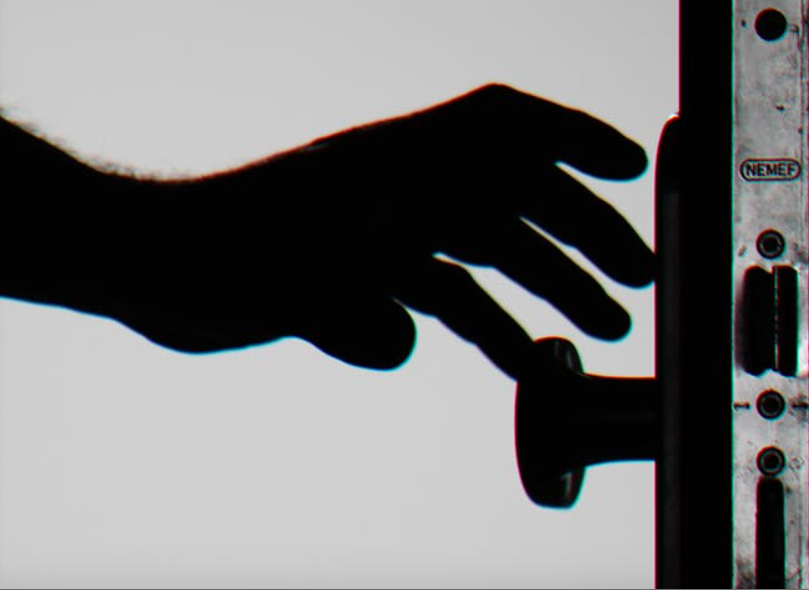aNewDomain — You don’t want to write good because good is an adjective. To write is a verb. So you don’t want to write good, my friend. You want to write great.
Secrets
The first secret to being a great writer is, of course, a secret. And I won’t be the first one to give it away to people who don’t know it.
But I can give you the second secret to great writing. It is: Don’t write right away.
Save your writing for the day after the deadline.
Some writers would argue that you want to write your piece the night before the deadline because that’s when you do your best work. How would they know that? I’m drunk. That’s so presumptuous. No, the best time to write is one or two days after the deadline. The first thing you do is don’t check your email, because there’s someone in there asking for the thing you should have written. In fact I would suggest not checking your email throughout the day just to be safe.
Now get started.
There’s no greater rush than trying to be creative and thorough when every second of the clock brings disappointment and self-loathing. This is where magic is made. You commit to writing the best piece ever, this is the last time you will ever pull these sorts of shenanigans, etc.
After lying to yourself you commit to making your word count, because after all what kind of magic can be made while you’re also watching “Breaking Bad?”
Stretching
If you are only a few words short of your word count — say you have 989 of 1,000 words — it is perfectly acceptable to break apart “can’t” into “can not,” and “may” to “just might be able to.” Look at that word count skyrocket. Contractions are not good writing, or great writing or even well writing.
 Shakespeare did this.
Shakespeare did this.
Any writer worth his weight can pitch an idea to an editor and get it published, but how many writers can cross the magical deadline and live. That is the real art of the pitch. It’s balking and still getting the batter out. Deadline … what a joke. I’m not dead. I crossed it and have cheated death.
It’s like show people who swear the show must go on! The lead has the flu or broke a leg, or there are only two people in the audience, but the show must go on. Why? What’s so important about the show? I’m sure people would understand that shit happens. They might go to dinner and say, “Yeah, the show was cancelled, what else do you want to do?”
Show people only have the show and they don’t — or should I say “do not” — get to do something else. They’re doing the show for themselves, not for the audience, and that is selfish. If they really cared about their audience they would let everyone leave early.
Don’t Digress
Talking about selfish show people in an essay about writing great is an example of bad writing, but it is very important if you have a word count that needs fattening.
I hope this helps. For aNewDomain’s Skewed News, I’m Frank Visa.
Body image: William Shakespeare via Wikimedia Commons
Featured image: Writing Apparatus by Kaushik Narasimhan via Flickr












